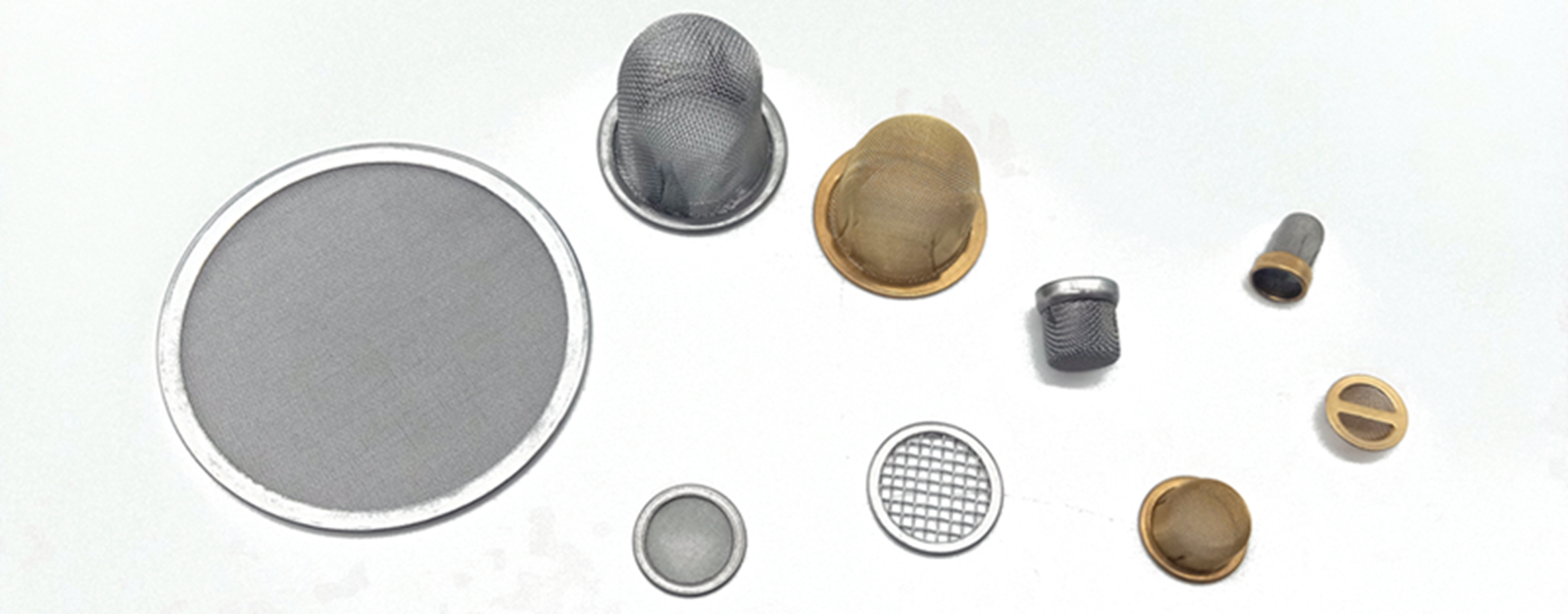In modern industrial production, filtration technology plays a vital role. It can not only effectively remove impurities in liquids or gases, but also protect equipment from damage by particulate matter, ensuring the stability of the production process and product quality. Among many filter materials, metal filter mesh has become the first choice for many industries due to its unique filtration principle and superior performance. This article will explore the filtration principle of metal filter mesh and its key performance indicators in depth to provide readers with a comprehensive understanding.
1. Filtration principle of metal filter mesh
The filtration principle of metal filter mesh is mainly based on screening effect and surface capture effect. The screening effect refers to the fact that when the fluid (liquid or gas) passes through the metal filter mesh, particles larger than the mesh aperture are blocked on the mesh surface, thereby achieving filtration. This principle is suitable for occasions where the particle size is relatively large and the concentration is high.
The surface capture effect refers to the capture of tiny particles in the fluid on the surface or in the pores of the mesh when passing through the metal filter mesh due to fluid dynamics effects (such as inertia, diffusion, interception, etc.) and the interaction between the particles and the mesh surface (such as adsorption, electrostatic effect, etc.). This principle is particularly effective when dealing with tiny particles and low-concentration fluids.
The filtration efficiency of the metal filter mesh depends on factors such as its pore size, shape, distribution and material. The smaller the pore size, the higher the filtration efficiency, but the resistance also increases. Therefore, in practical applications, it is necessary to comprehensively consider factors such as fluid characteristics, filtration requirements and economic costs to select a suitable metal filter mesh.
2. Performance indicators of metal filter mesh
The performance of metal filter mesh is mainly measured by the following key indicators:
Filtration accuracy: refers to the minimum particle size that the metal filter mesh can block. The higher the filtration accuracy, the smaller the particles that can be removed, but the greater the resistance.
Flow characteristics: refers to the relationship between pressure loss and flow when the fluid passes through the metal filter mesh. Good flow characteristics mean that a larger flow can be obtained at a lower resistance.
Strength and durability: Metal filter mesh needs to withstand fluid pressure, particle impact, and wear under long-term use. Therefore, its strength and durability are essential to ensure the filtering effect and extend the service life.
Corrosion resistance and high temperature resistance: In certain applications, metal filter mesh needs to withstand corrosive media or high temperature environments. Therefore, choosing the right material (such as stainless steel, titanium alloy, etc.) and surface treatment technology (such as passivation, spraying, etc.) is essential to improve corrosion resistance and high temperature resistance.
Easy to clean and regenerate: Metal filter mesh will gradually accumulate particles during use, resulting in a decrease in filtration efficiency. Therefore, easy to clean and regenerate are of great significance to maintaining the filtering effect and extending the service life. Some metal filter meshes can be regenerated by backwashing, ultrasonic cleaning, etc.

Post time: Dec-02-2024






